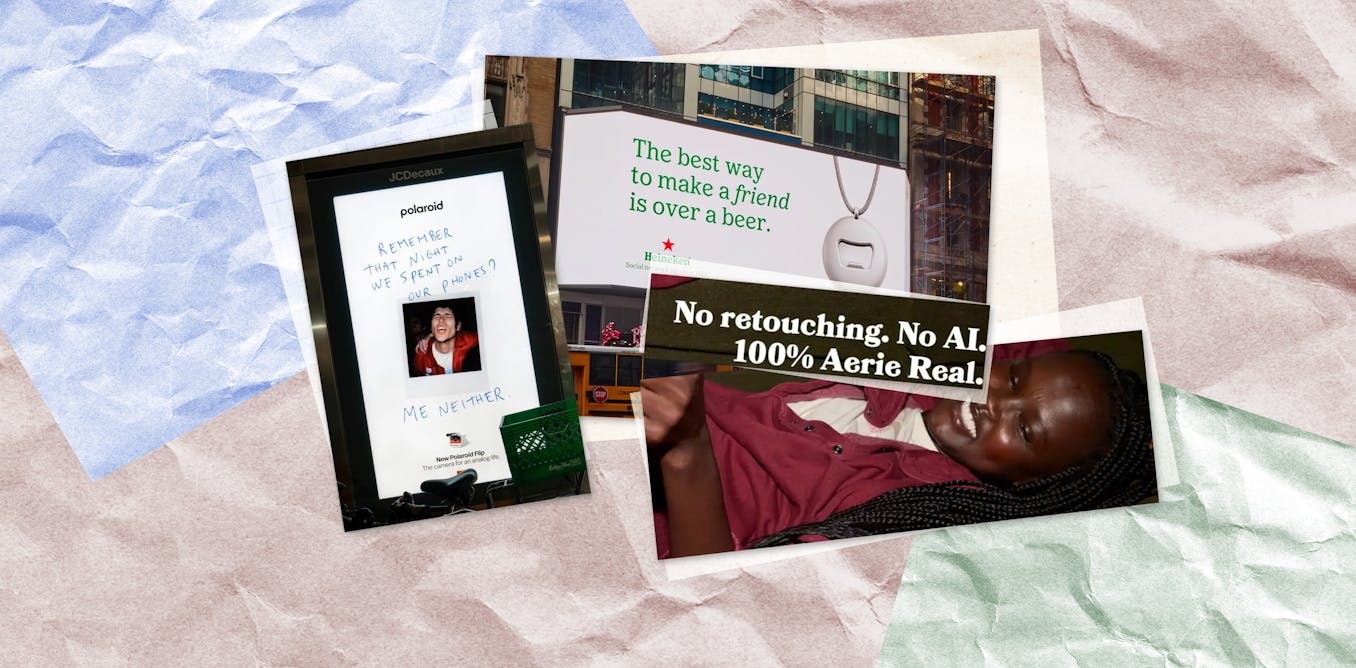
"In a wave of new ads, brands like Heineken, Polaroid and Cadbury have started hating on artificial intelligence (AI), celebrating their work as "human-made". But in these advertising campaigns on TV, billboards on New York streets and on social media, the companies are signalling something larger. Even Apple's new series release, Pluribus, includes the phrase "Made by Humans" in the closing credits. Other brands including H&M and Guess have faced a backlash for using AI brand ambassadors instead of humans."
"This feels like efficiency - for executives At a surface level, AI offers efficiencies such as faster production, cheaper visuals, instant personalisation, and automated decisions. Government and business have rushed toward it, drawn by promises of productivity and innovation. And there is no doubt that this promise is deeply seductive. Indeed, efficiency is what AI excels at. In the context of marketing and advertising, this "promise", at least at face value, seems to translate to smaller marketing budgets, better targeting,"
Brands are promoting human-made work and rejecting AI-generated content through ads, billboards and production credits that emphasise human creation. High-profile examples include Heineken, Polaroid, Cadbury, Apple and fashion labels that faced backlash for AI ambassadors. AI delivers efficiencies such as faster production, cheaper visuals, instant personalisation and automated decisions, which attract governments and businesses seeking productivity gains. In marketing, AI often translates to smaller budgets, better targeting, automated choices and rapid campaign deployment. Advertising continues to rely on emotional truth and creative mystery. People assign greater meaning when human intention and authenticity are apparent.
Read at The Conversation
Unable to calculate read time
Collection
[
|
...
]